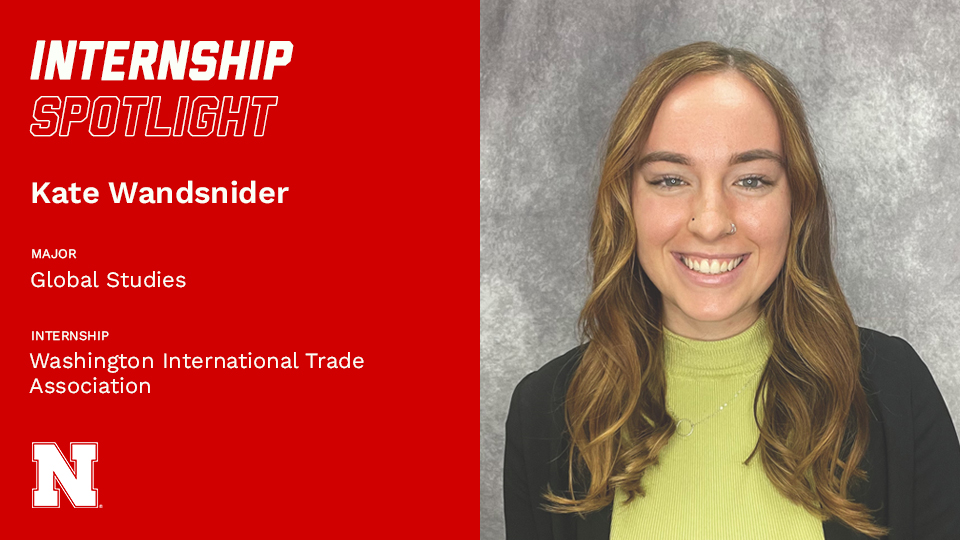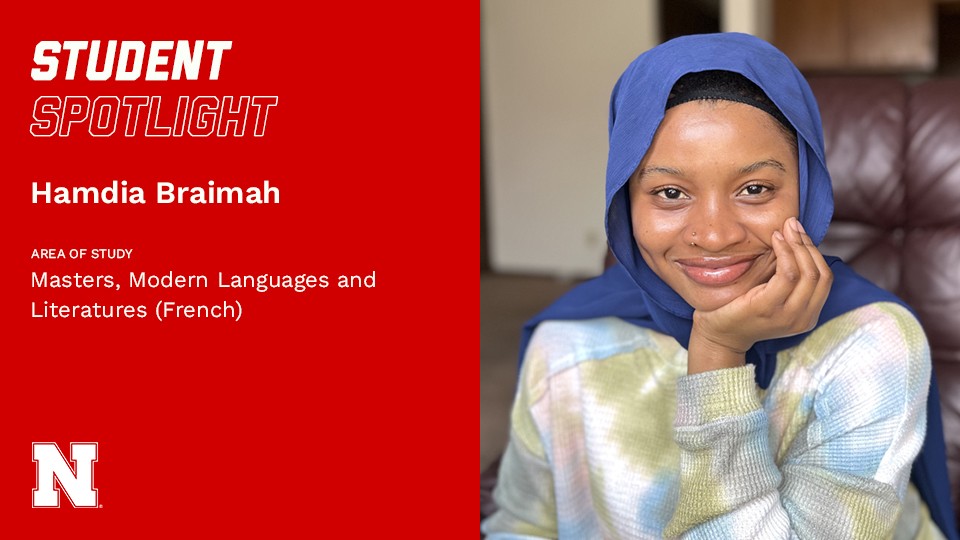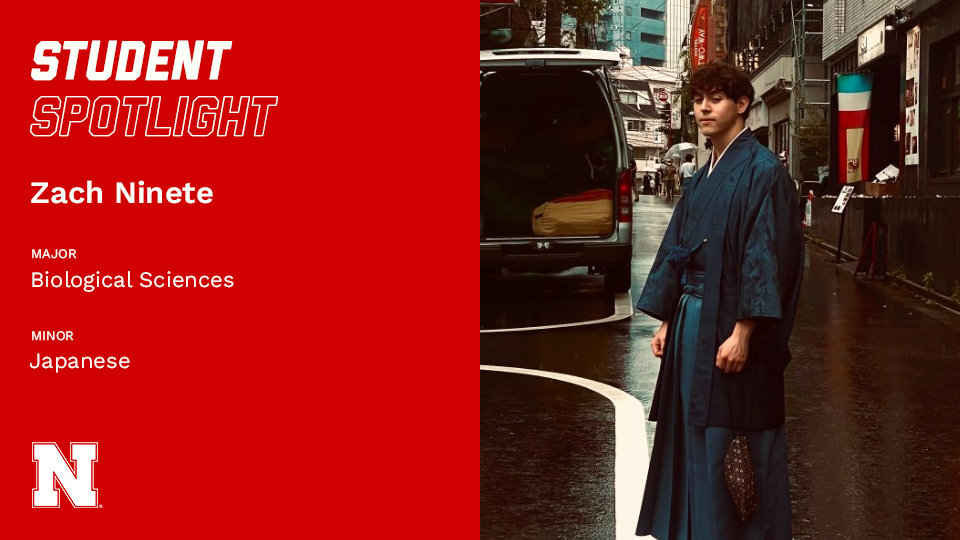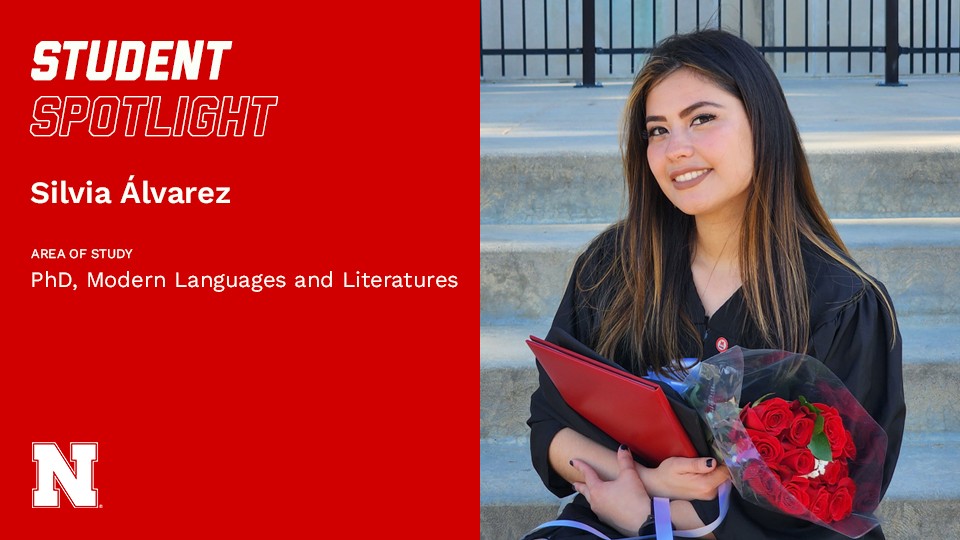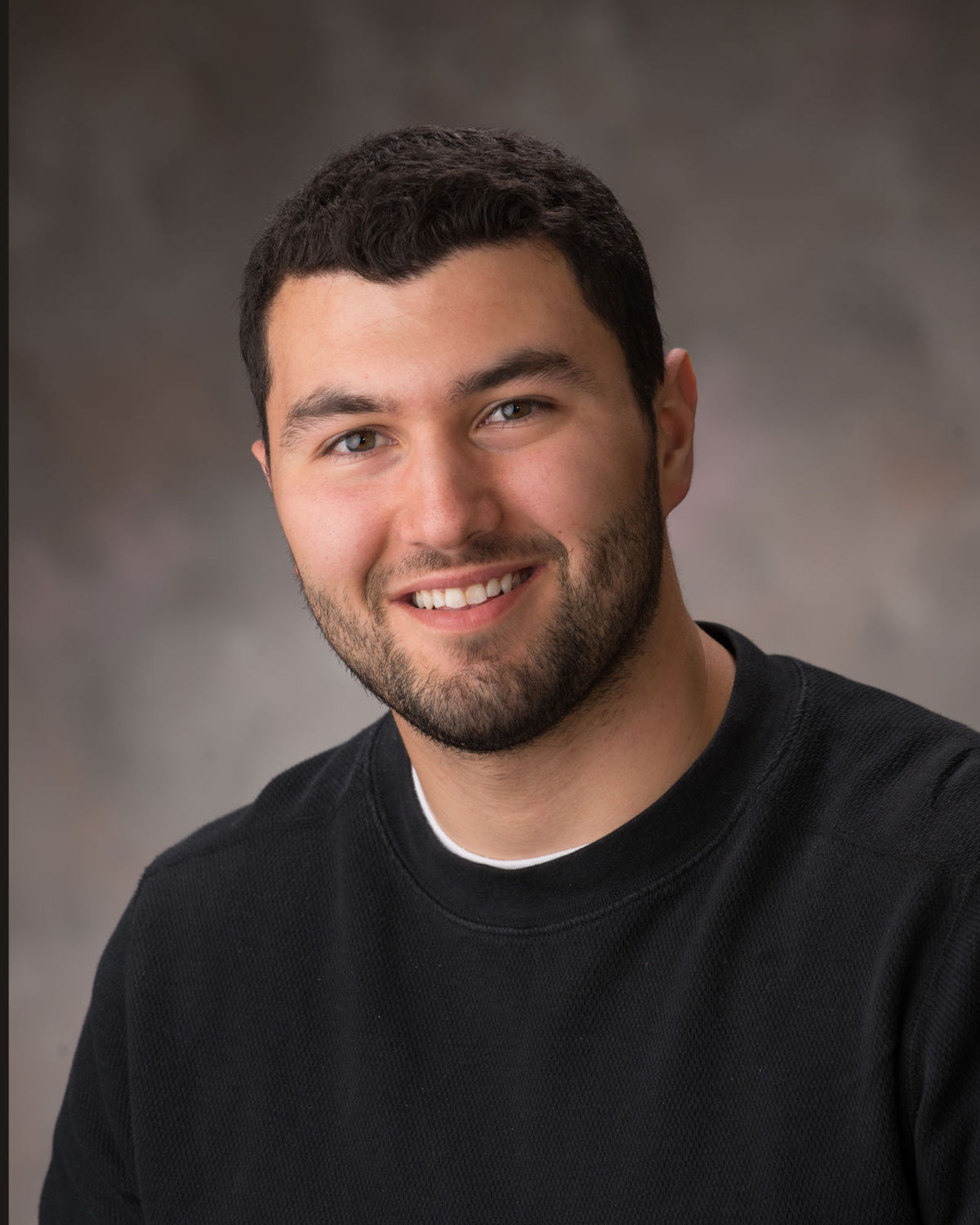
The Journal Star asked Joshua Valdez, a student living and teaching in Russia through the Fulbright program, what life is like in Russia, how Russians see the U.S. election, how each has made sense of Trump's election from afar, and what hopes they have for future relations between the two countries.
Valdez majored in French and Russian but also studied German and Spanish. As part of the university’s 16 Fulbright winners this year, Valdez is teaching English at an academy catering to aspiring Olympic athletes in Kazan, Russia. A 2011 graduate of Gering High School, Valdez said he believes he is the first American many of his students have met. Unconcerned about veiled accusations against Russia interfering in the U.S. election, Valdez said he is more concerned about the implications of a Trump presidency with regard to Russia’s actions in Syria, the Crimean Peninsula, Ukraine and against NATO.
My experience is a bit different than what is typical in Russia. Kazan is an anomaly within Russia, in that half of its population is Russian and the other half is Tatar. This creates an interesting balance of half Christianity and half Islam, half churches and half mosques in the region. It is great because everybody gets along so peacefully. Religion here, in my experience, is never a problem. They coexist so well within this culture.
I have had a few instances in which I have been asked to comment on the election, and generally, those who do ask are, as you might guess, fans of Trump and fans of Vladimir Putin; they are almost always men, as well. They are never belittling in their requests, just more curious. I know many who stayed up to see the results on Election Day. I did prompt my students to ask me any questions they may have about the results, telling them that though it may be an uncomfortable topic, it is an important one. However, the majority of my students are athletes, and honestly do not care too much about the results.
It is worth noting that, being a region heavily influenced by Islam, no one I have talked to has heard of Trump's rhetoric against their religion, which of course isn't necessarily their fault. They can only be as informed as their media allows; and just like in many cases in America, it's becoming harder to find unbiased and credible news sources.
We were advised not to overtly speak about such matters, because you never know who you will offend here, and for those who do care about such matters in Russia, they do predominately prefer Donald Trump. Right or wrong, I do not believe this speaks to their culture. I cannot stress that enough. I have met many people here in Kazan. What I have not met are racists, misogynists or bullies. Their ideals in regard to this matter are formed by a mixture of their own politics and their own media.
I have met many Europeans here, predominately British. Speaking with them on the matter is entirely different in that their views tend to be to the left on the political spectrum -- much more so than in Russia. From them I have had a few elbow jabs and laughs at my expense, as I am the only American in the area. A quick snap about "Brexit" usually helps, but for the most part I have to just absorb those laughs and hope for the best these next four years.
In explaining the victory, I keep it unbiased and bipartisan -- much like my own beliefs. I believe the trouble comes when we let subjective feelings get in the way of what's objectively right. So, I show the red states and blue states, I explain how the Electoral College works, and I explain to them that Hillary Clinton won the popular vote, and Donald Trump won the electoral vote. That is the extent of it, and I let them form their own opinions. We were not sent here to change their minds or influence their culture. We are sent here to show them ours, the good and the bad, and that's what I do -- inform.
Regarding the people of Russia, their primary concern is with U.S-Russian relations in which they also believe Trump would be the better option. They do not discuss as much the political ramifications in international affairs such as Syria, the Crimea, etc. It is not covered extensively by their media, and it's not as much on the radar for the Russian people as for the American people. So, what I say, I say in my own opinion, and not that of the Russian people, who by and large choose not to discuss possible anti-Putin politics.
The only real concern I have is that Putin is a much more polished and experienced politician. The going theory behind those who favor Trump is that he would foster a better relationship with Russia than Clinton would. While I do not necessarily dispute this, I believe it puts the U.S. at risk when it comes to leverage in political discussions and agendas, with Putin perhaps having a more experienced upper hand. Clinton, though she would not foster better relations with Putin in my opinion, would be a better match in international political discussions. So both candidates leave the Russians wanting.
*
Adapted from "Voices from abroad: UNL students in Russia talk U.S. election" by Chris Dunker in the Lincoln Journal Star.
